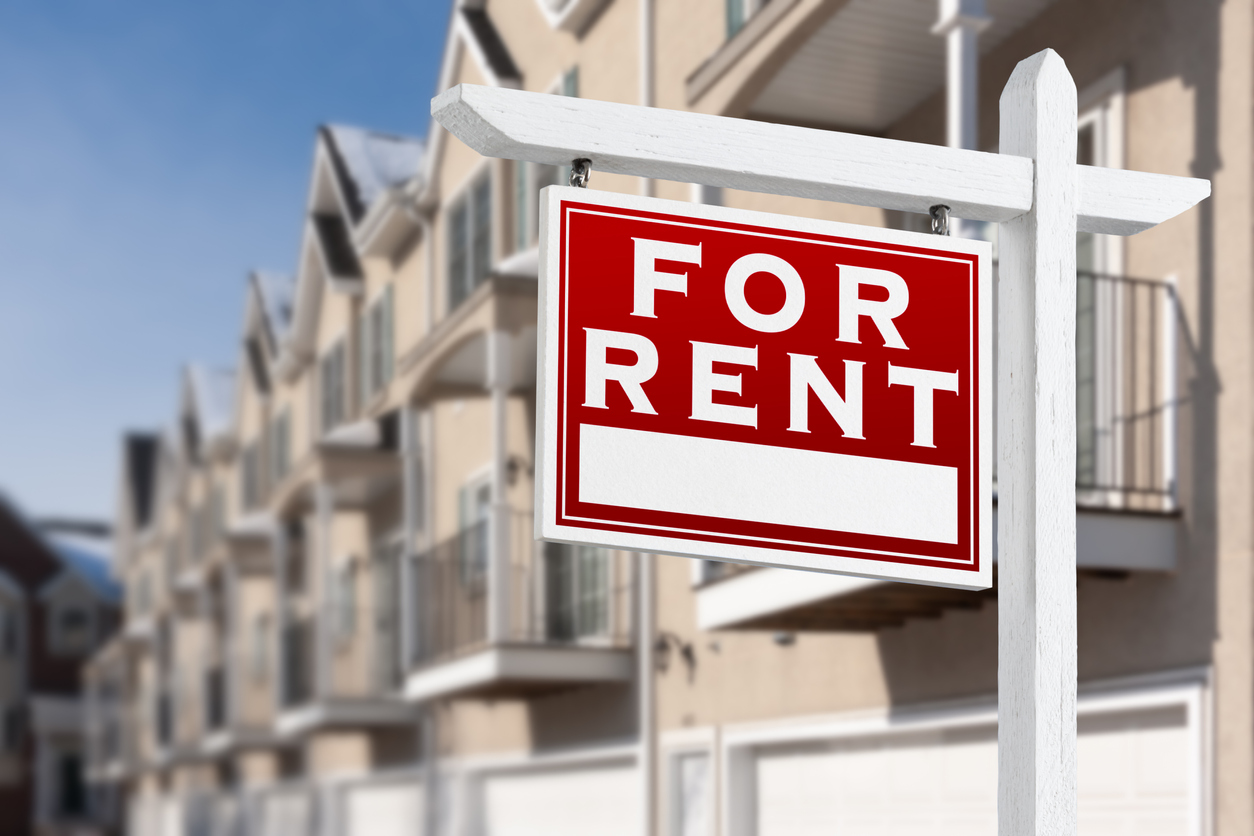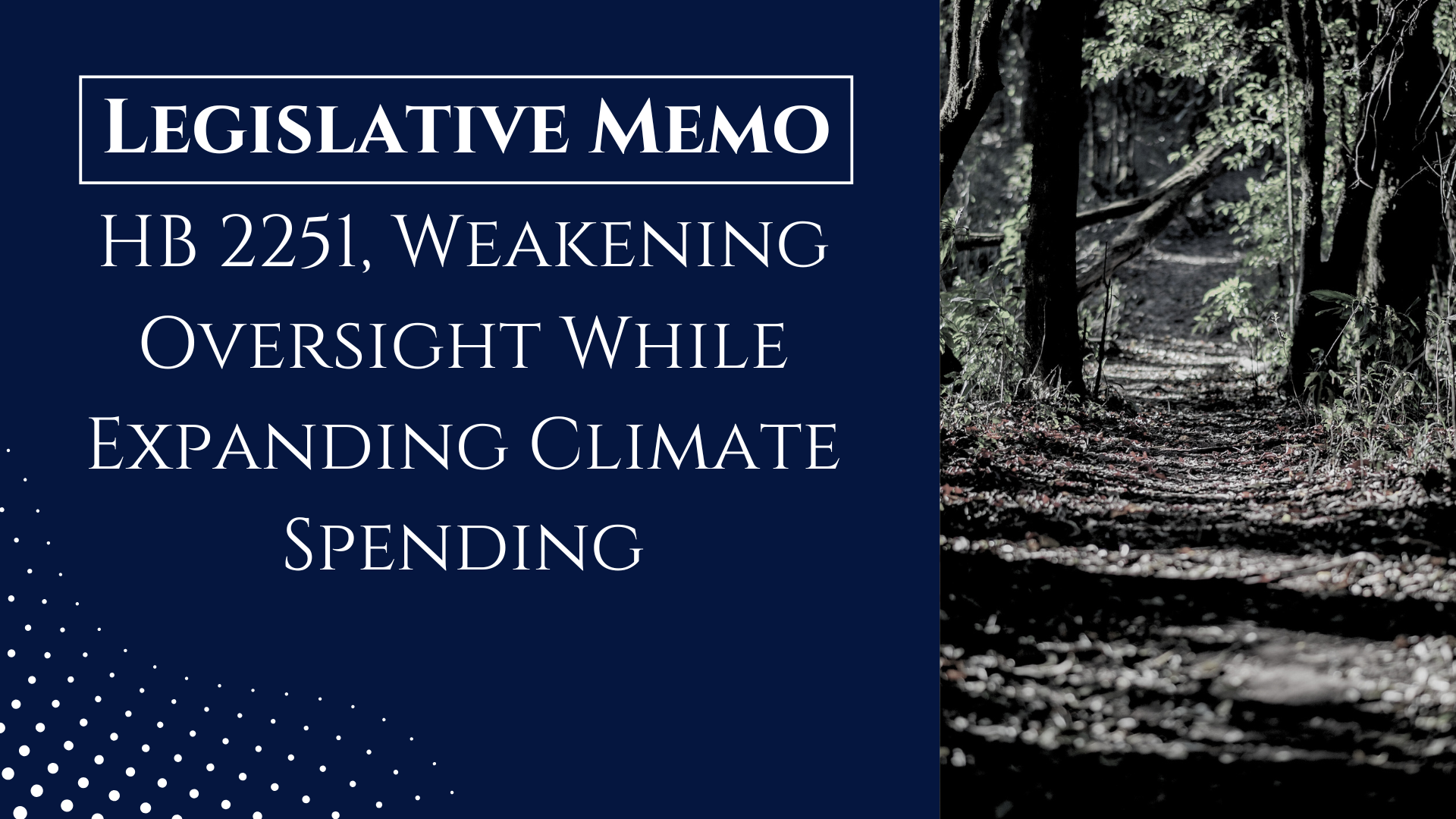For immigrants and low-skill workers looking for work, Washington state erects barriers that make it difficult for them to achieve the American Dream. Occupational licenses, which require workers to receive hundreds, even thousands, of hours of training before they are allowed to work, lock people out of job opportunities, and there is bipartisan agreement that reform is necessary.
This week, I testified with the former head of the state Office of Refugee and Immigrant Assistance to support a bill that would review occupational licenses in order to reduce the burden on people looking for jobs.
The problems with excessive occupational licenses are well known and the Obama Administration released an excellent overview in 2015, citing the need for reform. Their report made three key points.
First, occupational licenses create barriers for people who want to find jobs. The report notes, “Lower-income workers are less likely to be able to afford the tuition and lost wages associated with licensing’s educational requirements, closing the door to many licensed jobs for them.” These barriers are particularly hard on immigrants. The Obama Administration lamented that, “immigrants must often complete duplicative and costly requirements in order to acquire a U.S. license in their chosen career. In many cases, the training or experience that these immigrants acquired overseas does not count toward fulfilling the relevant licensing requirements.”
Second, despite the claim that occupational licenses are necessary for consumer protection, the research shows they don’t deliver the health and consumer protection they promise. The White House report found that, “Stricter licensing was associated with quality improvements in only 2 out of the 12 studies reviewed.” This conclusion is backed up by other research as well. The Brookings Institution noted in a 2015 study, occupational licensing has impacts that, “impose net costs on society with little improvement to service quality, health, and safety.”
Finally, the research shows that licensing boards don’t enforce health and safety guidelines, focusing instead on blocking access to work. The Obama Administration report points out, “There is also evidence that many licensing boards are not diligent in monitoring licensed practitioners, which contributes to a lack of quality improvement under licensing. These boards often rely on consumer complaints and third-party reports to monitor practitioner quality.”
As I have witnessed in Washington state, most third-party complaints come from current, licensed workers who are trying to block unlicensed workers from working. For example, the vast majority of complaints to the board overseeing landscape architects are related to unlicensed companies, not safety or competence.
The bill being considered was HB 1770, which would require regular reviews of occupational licenses to ensure they were living up to their promises. Although the bill did not survive the cutoff and will – in all likelihood – not pass this year, Chairman Kirby said it was an issue that needs to be addressed. We hope to bring it back next year and address the unfairness of these often needless burdens.
It was a good discussion and you can see our testimony and our discussion with members of the committee here.






